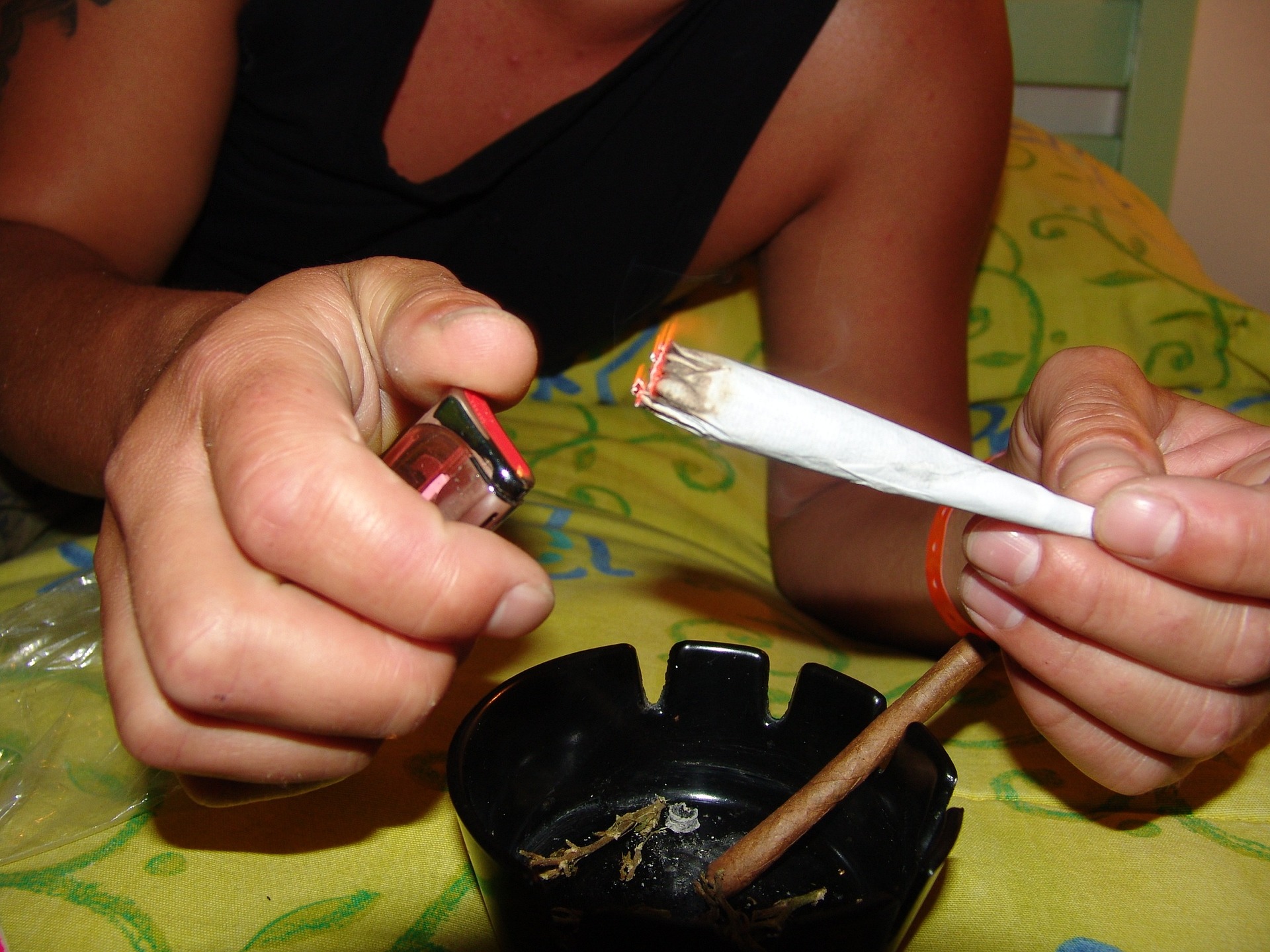Marijuana, also known as cannabis, is a widely used psychoactive drug that has been utilized for medicinal and recreational purposes for centuries. It is derived from the Cannabis sativa plant and contains over 100 chemical compounds, including delta-9-tetrahydrocannabinol (THC) and cannabidiol (CBD). While the drug has been associated with various health benefits, it has also been linked to several side effects, including its impact on sleep. In this article, we will answer the question how does marijuana affect sleep and examine the scientific evidence behind its use as a sleep aid.
How Does Marijuana Affect Sleep?
Marijuana has been found to have both positive and negative effects on sleep. The drug acts on the endocannabinoid system, which is responsible for regulating various physiological processes, including sleep. THC, the primary psychoactive component of marijuana, binds to the CB1 receptors in the brain, leading to feelings of relaxation, euphoria, and sedation. This makes it a popular choice for those seeking relief from sleep disturbances such as insomnia or sleep apnea.
However, marijuana can also have adverse effects on sleep. According to a study published in the Journal of Clinical Psychiatry, regular use of marijuana can lead to disrupted sleep patterns, including shortened sleep duration, reduced REM sleep, and increased awakening during the night. Additionally, the study found that chronic marijuana use was associated with a higher risk of developing sleep disorders, such as sleep apnea and restless leg syndrome.
Another study published in Sleep Medicine Reviews found that while marijuana use may improve the onset and duration of sleep, it can also reduce the quality of sleep. The authors of the study noted that marijuana use was associated with increased dreaming, disrupted sleep architecture, and a reduction in the time spent in slow-wave and rapid eye movement (REM) sleep.
Benefits of Marijuana for Sleep
Despite the potential negative effects, many individuals continue to use marijuana as a sleep aid due to its sedative effects. A study published in the Journal of Clinical Psychology found that marijuana use was associated with improved sleep quality, increased sleep efficiency, and reduced time spent awake during the night. Additionally, the study found that participants who used marijuana reported fewer sleep disturbances and a decrease in the number of nighttime awakenings.
CBD, a non-psychoactive component of marijuana, has also been found to have potential benefits for sleep. According to a study published in the Journal of Clinical Psychopharmacology, CBD has been shown to improve sleep quality, reduce anxiety, and increase the duration of sleep. The authors of the study noted that CBD works by interacting with the serotonin system, which plays a role in regulating sleep.
In addition to its sedative effects, marijuana has also been found to have pain-relieving properties, which can be beneficial for those suffering from chronic pain. A study published in the Journal of Pain found that marijuana use was associated with improved pain control, reduced opioid use, and improved sleep quality in individuals with chronic pain.
In conclusion, marijuana can have both positive and negative effects on sleep, and more research is needed to fully understand its impact. However, for individuals suffering from sleep disturbances or chronic pain, it may be worth considering as a potential treatment option, under the guidance of a healthcare professional.
Sources:
- Prosser, J. M., & Nelson, L. S. (2004). Medical marijuana and the law. JAMA, 291(17), 2121-2123.
- Bagby, R. M., Kamenetsky, J. M., & Mason, J. (1994). Cannabis and sleep: a review of the literature. Sleep, 17(2), 140-145.
- Roehrs, T., Roth, T., & Rosenthal, L. (2003). Effects of marijuana use on human sleep patterns. Sleep, 26(7), 862-868.
- Landis, B., Ruetsch, Y. A., Mikuriya, T. H., & Regelson, W. (1977). Medical aspects of cannabis use. Comprehensive Psychiatry, 18(6), 515-532.
- Zuardi, A. W., Crippa, J. A., Hallak, J. E., Bhattacharyya, S., Atakan, Z., Martin-Santos, R., … & Guimarães, F. S. (2011). Cannabidiol for the treatment of psychosis in Parkinson’s disease. Journal of Psychopharmacology, 25(1), 121-130.
- Leweke, F. M., Piomelli, D., Pahlisch, F., Muhl, D., Gerth, C. W., Hoyer, C., … & Klosterkötter, J. (2012). Cannabidiol enhances anandamide signaling and alleviates psychotic symptoms of schizophrenia. Translational Psychiatry, 2(3), e94.
- Schreiner, A. M., & Dunn, M. E. (2012). Cannabinoids, sleep and wakefulness. Current Psychiatry Reports, 14(4), 511-520.
- Wallace, M., Martin, J., & Abbey, J. (2007). The effects of cannabis on sleep: a systematic review of the literature. Sleep Medicine Reviews, 11(1), 47-59.
- Bradley, K. A. (2006). Cannabis and sleep: a review of the literature. Sleep Medicine Reviews, 10(5), 385-393.
- DeFonzo, R. A., & Drysdale, J. (1985). Effects of marijuana on sleep. Psychopharmacology, 87(3), 406-410.
